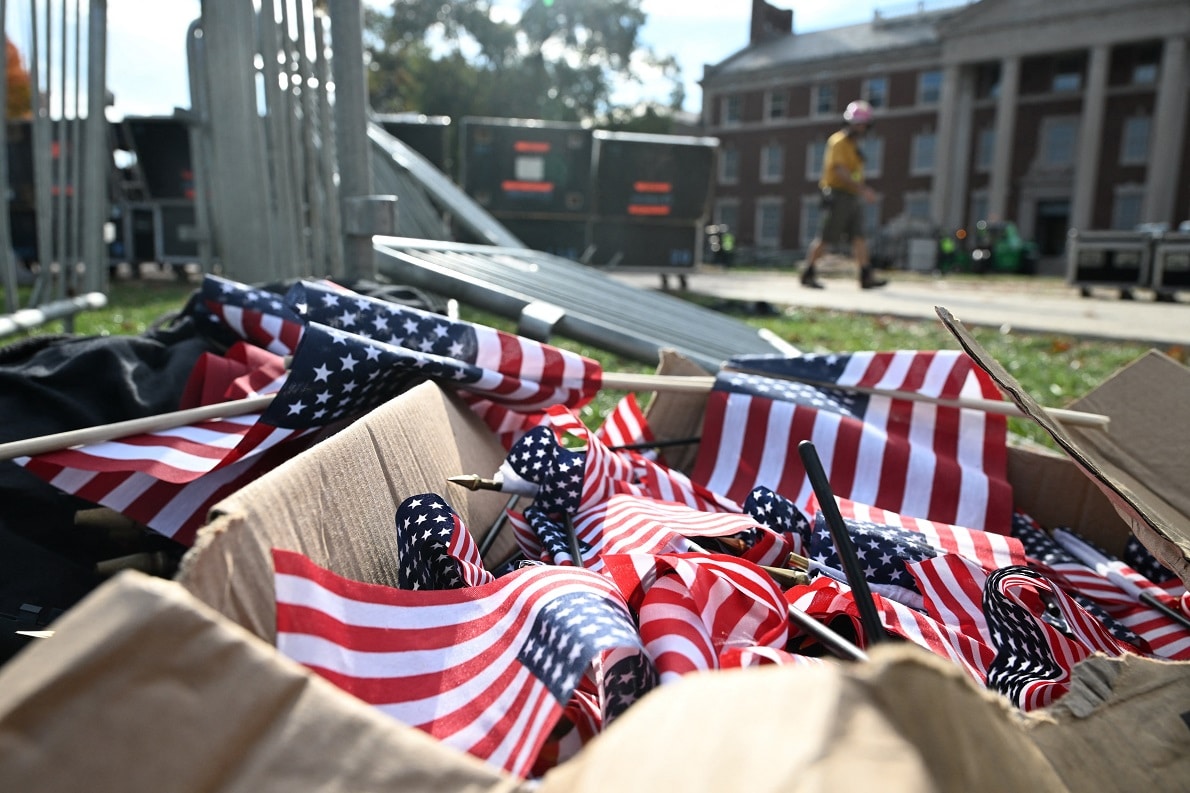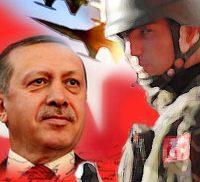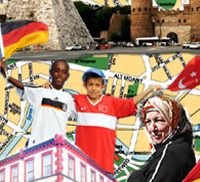Trump’s reelection personified a profound sense of disempowerment and disenfranchisement among many Americans. The constitutional patriotism that once anchored the nation’s cultural fabric is eroding, leaving citizens feeling that the boundaries of belonging no longer provide the support or cohesion they need. This void has been filled by inflammatory rhetoric and the scapegoating of migrants and minorities, reducing public discourse to a cacophony of accusations. What steps can the Left take to address these demands directly? Is there a path for populism to find a home on the Left, or has the idea of solidarity been irrevocably claimed by an ethnonationalist movement?
Dossiers
- At the May 2011 Istanbul Seminars organized by Reset-Dialogues on Civilizations, five important thinkers came together from around the world to debate “The Promises, Challenges and Expectations of the 1989 of the Arab World.” With Giancarlo Bosetti as the moderator, Abdullahi An-Na’im, Seyla Benhabib, Akeel Bilgrami, Giuliano Amato and Soli Özel analyzed the individual aspects of the Arab Spring, emphasizing the complex dynamics involved. These are the complete transcripts of this event.
- Erdoğan’s Turkey is gaining respect as an indispensable player at both the regional and international levels. During the Justice and Development Party, or AKP, administration, Turkey has undergone many internal transformations, involving crucial issues such as the role played by the army, secularism and minority policies. But what are the still unresolved problems? And what are the objectives of the AKP government? In two interviews, ResetDoc posed these questions to two of Turkey’s most respected and influential intellectuals, Soli Özel, a political analyst and professor of international relations at the Bilgi University and Kadir Has University in Istanbul, and Nilüfer Göle, a sociologist at the Ecole des Hautes Etudes en Sciences Sociales in Paris.
- What are the Balkans today? Twenty years after the bloody implosion of Yugoslavia, the so-called “Yugosphere” is a complex area, with many commonalities and a widespread desire to cooperate to create a better future. But the wounds that past wars are still open. What prospects are there nowadays for processing collective memory? How has Islam changed in the Balkans? What about Serbia, Kosovo and Europe; where is the search for new national identities leading? Resetdoc has tried to answer these questions with the below dossier, assembled by Matteo Tacconi, a journalist and an expert on the Balkans.
- In an Egypt enveloped by the Arab Spring, publishing houses, daily newspapers and independent magazines are flourishing again as they deal with the challenges and much post-Mubarak enthusiasm. What problems will these heroic publishers have to address now? And what problems afflicted them until they took to the streets on January 25th 2011? What does the creation and spreading of culture involve in today’s Egypt and Arab World? With a dossier by Elisabetta Bartuli and Elisa Pierandrei, Resetdoc posed these questions to those directly involved, in the front lines from news desks to Tahrir Square.
- ResetDoC.org has already offered its English-speaking readers a first compass to navigate those reformers in Islam encouraging dialogue in the Muslim world with a closer examination of eight great thinkers: Abdou Filali-Ansary, Abdolkarim Soroush and Muhammad Talbi first, then Nilüfer Göle and Navid Kermani and, at last, the three great ‘masters’ Mohammed Arkoun, Fou’ad Zakariyya and Mohamed Abed Al-Jabri. Today, we present three profiles of women who devoted themselves to understanding and interpreting Islam from a female point of view. READ HERE
- Turkey: The Justice and Development Party (AKP) and its charismatic leader Recep Tayyip Erdoğan have once again proved their popularity among the Turkish electorate, obtaining close to 50% of the votes in the June 12th elections. This victory, however, differs from those in the AKP’s past. What are the challenges that the AKP and the “Turkish model” face now and in the future? Resetdoc.org analyses the issue in depth, speaking to Hugh Pope at the International Crisis Group and with a far-sighted 2009 essay by Andrew Arato from the New School for Social Research in New York.
- Who are all those thinkers, from Morocco to Iran, who are attempting to change Islam from within? And what are their most challenging ideas? Some famous, some less so, some religious, some secular, they are the often-persecuted philosophers, sociologists and authors of Islam today. After publishing an “intellectual chart” of changes in Islam in our magazine Reset in Italian, ResetDoC.org wishes to offer its English-speaking readers a compass to navigate those encouraging dialogue in the Muslim world. We start today with a essay by Fred Dallmayr from the University of Notre Dame on Mohammed Abed al-Jabri and Nasr Hamid Abu Zayd, two immensely important philosophers, both of whom died in the past year. There are also the profiles of three great philosophers of change: Muhammad Talbi, Abdolkarim Soroush, and Abdou Filali-Ansary, as well as Filali-Ansary’s essay on the complex relationship between secularism and the Muslim world. READ HERE
- Rome, Berlin, Sarajevo, Dublin, Istanbul: how are great European cities from Ireland to the Bosphorus changing? A crossroad for different cultures, religions and languages, the space shared by “Us” and the “Others” who are now our neighbours, the metropolises on the Old Continent portray a West addressing its future in a globalized world. Pluralism, migrations, acknowledgement and equal respect for minorities are the challenges for new democratic citizenship. Five stories from five different corners of Europe and, for ResetDoc, an essay by Richard J. Bernstein.
- Olivier Roy comments: The political death of the terrorist organization together with that of Bin Laden allow for the ending of wars and open a new page in relations between Islam and the West. Protests against the Abbottabad raid have been few. International analysts and a criminologist give their comments, as well as explain the reactions among the journalists of the “Arab Spring”.
- In the last few years the Arab world has shown a renewed fascination for Turkey. Is this the result of a foreign policy that disguises “neo-Ottoman” ambitions? It is not just that. Exporting soap operas and cultural models that are fashionable from Syria to Morocco, the nation governed by Erdogan’s party is a successful example of democratic and republican Islam. But can the Turkish model still work now that the democratic awakening has truly turned many Arab countries on their heads? And under what conditions?





